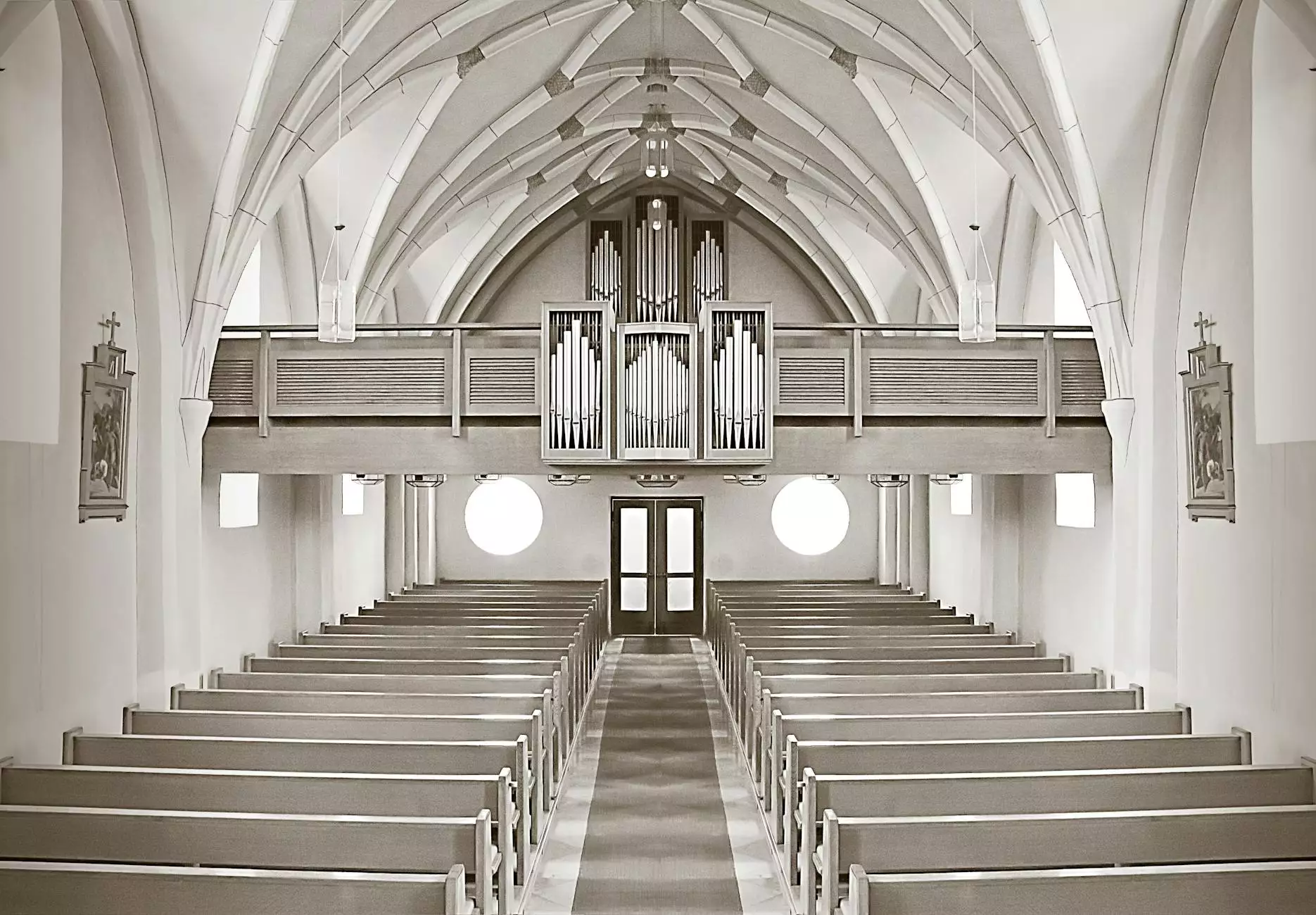Unlocking the Power of Religious Organizations and Their Role in Business Growth

Religious organizations such as synagogues, churches, and other spiritual communities play a pivotal role in shaping not only the spiritual lives of individuals but also the economic and social landscapes of their neighborhoods. Among these, https://zion.nyc/ stands out as a beacon of faith, community, and enterprise, exemplifying how faith-based institutions can foster business growth, community development, and social engagement.
The Interconnection Between Faith and Business
In today’s interconnected world, the boundaries between spiritual life and commercial success are increasingly blending. Faith-based organizations often serve as centers of community engagement that stimulate local economies, promote social cohesion, and support entrepreneurial ventures. Religious institutions like https://zion.nyc/ create environments where values such as integrity, service, and community support directly translate into business opportunities and collaborations.
Community Hubs That Drive Economic Growth
Many successful religious organizations operate multiple community-oriented programs including educational initiatives, charity events, cultural celebrations, and support networks. These programs often lead to the development of local businesses that serve the community's needs. For example, religious centers often foster:
- Small Business Development Programs—Offering mentorship and resources for local entrepreneurs
- Event Spaces—Hosting markets, workshops, and seminars that encourage local commerce
- Partnering with Local Vendors—Providing opportunities for minority and women-owned businesses
- Fundraising and Community Support Events—Strengthening community bonds that support business sustainability
Leadership and Vision in Religious Business Development
At the core of a vibrant religious organization like https://zion.nyc/ are visionary leaders committed to both spiritual growth and business excellence. These leaders recognize that faith and business are not mutually exclusive but can be mutually reinforcing when guided by principles of ethics, service, and communal upliftment.
Successful religious leaders foster partnerships with local businesses, support community outreach, and promote inclusive economic initiatives that help elevate neighborhoods. They serve as role models, demonstrating that integrity, trust, and ethical conduct are essential components of sustainable business success.
The Role of Community Engagement in Business Success
Community engagement is the cornerstone of thriving religious organizations. By actively participating in local development and social initiatives, these organizations build trust and loyalty among their members and the broader community. For example, https://zion.nyc/ may host social service programs, cultural events, and educational workshops that not only nourish the spiritual life but also stimulate local economies.
Such activities create a ripple effect, attracting new members, encouraging volunteerism, and opening new business opportunities. The strength of this engagement enhances the reputation and influence of the organization, attracting sponsorships and partnerships that promote economic sustainability.
Modern Strategies for Religious Organizations to Enhance Business Growth
Today’s religious organizations are adopting innovative strategies to boost their impact and economic vitality. These include:
- Digital Transformation—Leveraging online platforms for outreach, fundraising, and community engagement
- Social Media Marketing—Building a vibrant online community that attracts diverse demographics
- Business Sponsorships—Partnering with businesses for events and programs that benefit both parties
- Fundraising Campaigns—Utilizing online giving tools to increase donations and support community projects
- Real Estate Development—Investing in property and infrastructure to serve community needs and generate revenue
Case Studies: Impact of Religious Organizations on Local Economies
https://zion.nyc/ exemplifies how religious centers are not only places of worship but also vital economic anchors. Through community outreach, educational programs, and cultural initiatives, this organization contributes significantly to local economic development, fostering entrepreneurship, and creating employment opportunities.
Similarly, numerous other temples, synagogues, and churches worldwide have demonstrated that when faith-based organizations actively participate in local economic initiatives, they help create resilient, thriving communities. These organizations often serve as incubators for small businesses and social enterprises, catalyzing economic growth from within.
The Future of Business in Religious Organizations
The future of religious organizations like https://zion.nyc/ lies in embracing innovation while staying rooted in core spiritual values. By integrating technology, fostering community partnerships, and prioritizing social responsibility, these institutions can continue to be instrumental in building prosperous and harmonious neighborhoods.
Key trends shaping this future include:
- Green Initiatives—Promoting environmental stewardship through sustainable practices and eco-friendly community projects
- Inclusive Programs—Creating spaces that serve diverse populations and promote equity in economic participation
- Global Collaborations—Partnering across regions to share resources, ideas, and best practices for community development
- Tech-Enabled Services—Utilizing apps, online portals, and virtual events to reach wider audiences and facilitate community engagement
Conclusion: Building Stronger Communities Through Faith and Enterprise
Ultimately, religious organizations such as https://zion.nyc/ serve as vital drivers of both spiritual fulfillment and economic development. Their ability to integrate faith-based principles with innovative business practices fosters a resilient community fabric that benefits everyone. As they continue to evolve and adapt to modern challenges, these institutions will remain essential pillars of social cohesion and economic vitality.
Investing in or partnering with religious organizations can offer unique opportunities for business growth, community enrichment, and sustainable development. Embracing this synergy of faith and enterprise can lead to robust neighborhoods where prosperity and spirituality grow hand in hand.









